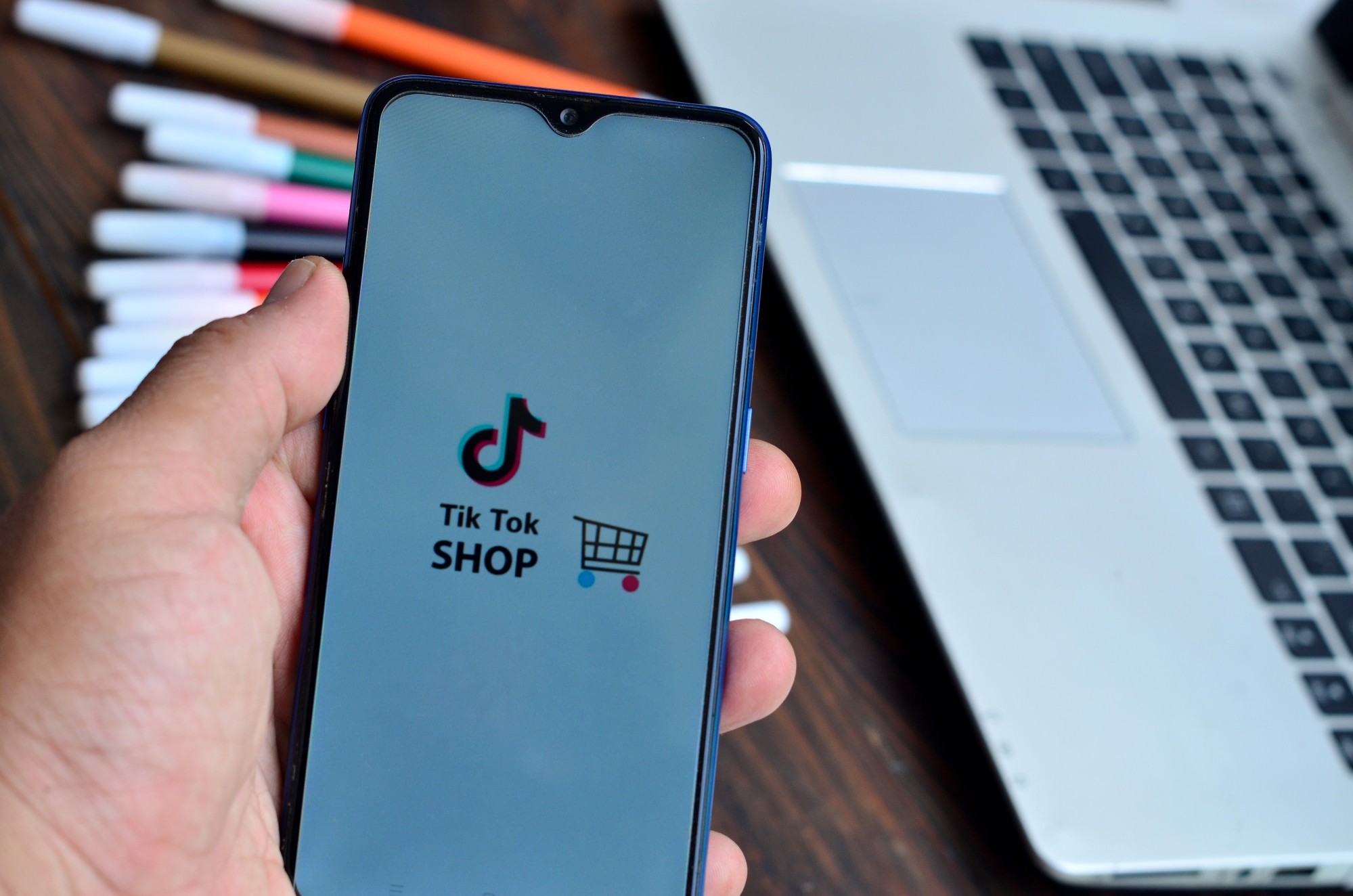
TikTok’s e-commerce push faces headwinds in Southeast Asia as other countries could follow Indonesia’s ban on online shopping via social media
- Other offline retailers in Southeast Asia whose interests are affected by social commerce platforms are expected to lobby for a ban on TikTok Shop
- Following Jakarta’s ban on online shopping via social media, neighbouring Kuala Lumpur reportedly intends to look into that policy
Across other Southeast Asian economies, offline marketplaces and merchants whose interests are affected by social commerce platforms are likely to complain to their governments and lobby for a ban on TikTok Shop, according to Li Jianggan, founder of Singapore-based venture outfit and research firm Momentum Works.
“TikTok is unparalleled when it comes to e-commerce conversion in the industry,” Li said. He added, however, that TikTok would find it more difficult to expand its e-commerce activities if its users are not able to directly shop from the app.

TikTok, which started offering in-app shopping in mid-2021, did not immediately reply to a request for comment on Wednesday.
The stakes are high for TikTok, which has pinned its hopes for future growth on e-commerce, turning the millions of eyeballs on its platform’s viral content into a steady revenue stream.
It was unclear from TikTok’s October 3 announcement about stopping online sales activities in Indonesia if it plans to create a separate e-commerce app.
Still, Li indicated that the fate of social commerce activities in Southeast Asia could eventually hinge on the result of negotiations between TikTok, various interest groups and their governments.
TikTok had encountered challenges in Indonesia before. In July 2018, Indonesia became the first country to ban the short video app over the distribution of “pornography, inappropriate content and blasphemy”. TikTok responded by adding content moderators in the country, and the ban was lifted eight days later.
Vietnam’s Ministry of Information and Communications, meanwhile, said at a press conference last week that TikTok’s operations in the country violated local laws on spreading distorted information that incites violence. TikTok’s e-commerce service also failed to provide information about sellers’ goods, according to the ministry.
An employee at TikTok Shop in Vietnam, who declined to be named because he is not authorised to speak with media, said the local team was aware of the government’s concerns and that measures have been taken to ensure compliance.

